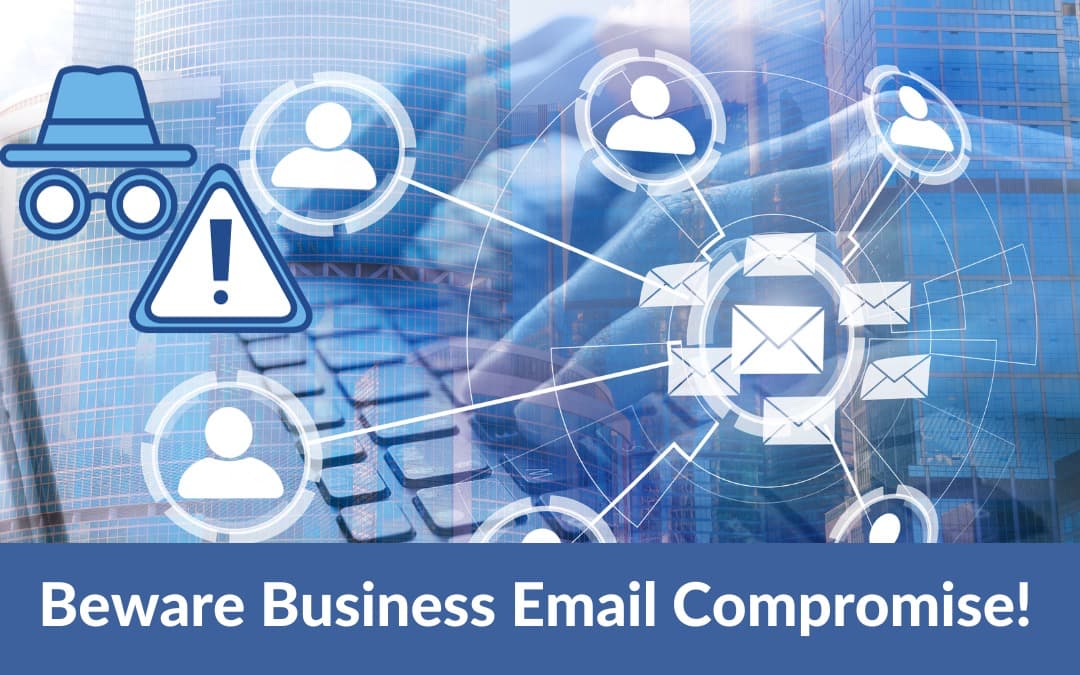🌴🔓 “Scamming in flip-flops!😎
A US hoser, grooving in Brazil, just pleaded guilty to a $3 Million #BEC scheme! 😱 Playing the doppelgänger game, he had businesses wire payments to his ‘Viva Las Vegas’ account 💰💃 and even hoodwinked an oil company for a cool $651K sent to Portugal. 🇵🇹 Caught & extradited, he’s in for a ‘Brazilian Wax’ of justice – up to 20 years in the slammer plus fines. 🚔 Nothing says ‘No beach fun in the sun’ like a sentence!! 👀#ScamFiestaFiasco #DontBeTheNextCatch #GPT4SecurityGags”
What does that have to do with you? It’s called “Business Email Compromise” (BEC). 📧💥
BEC is a sneaky scam that mainly targets companies that frequently work with foreign suppliers or make money wire transfers. These scammers are real pros when it comes to faking emails and manipulating unsuspecting victims into doing their bidding.
One of the most common tactics used by these cyber hooligans involves spear phishing. They’ll send out seemingly innocent emails crafted to look like they’re from someone within your company or even a trusted vendor. You might receive an email requesting account information for a money transfer or asking for sensitive data.
Listen up because this is crucial: falling victim to BEC can lead to severe financial losses for your business. 💰 It’s estimated that organizations lost over $1.7 billion due to BEC in one year alone! That’s no joke!
So how does this happen? These clever criminals create domains similar to yours or spoof your email address to trick users into thinking the request is legitimate.
Imagine receiving an urgent message from your CEO asking you to wire funds ASAP – would you think twice before complying?
Here’s where things get gnarly – once they’ve gained access to your network through their crafty schemes, they can wreak all sorts of havoc inside your organization undetected.
The consequences of falling prey to BEC could be devastating – not only financially but also reputation-wise too! Nobody wants their customers to lose trust in them because some shady characters got hold of their confidential info.
But fret not! There are steps you can take right now 🚀🔒to protect yourself and prevent these BEC bandits from getting the upper hand.
- Firstly, education is vital! Make sure you and your team know the potential dangers BEC poses. 💡Raise awareness about this threat through training sessions, workshops, or even a good old lunch-and-learn session.
- Always double-check the sender’s email address before taking action or divulging sensitive info. And if something seems fishy – it probably is! Trust your instincts and contact your colleagues through another communication channel to confirm suspicious requests.
- Implementing multi-factor authentication (MFA) can also be a game-changer in keeping those cyber hosers at bay. Using this extra protective layer of security to your login process significantly reduces the risk of unauthorized access.
- Nowadays, some fantastic MFA options are out there, like Duo Security (https://duo.com), that make it easy for you to keep things locked down 🔐. Remember, folks, SMS verification isn’t as secure as an app-based method!
- Another crucial step: passwords 🗝️ You’ve probably heard this one time and time again – but let me stress just how important strong passwords really are! Avoid overused or easily guessable ones like “123456” or “password.” Use a password manager like 1Password (https://1password.com/) to create unique and super-strong passwords for all your accounts.
- And don’t forget regular updates regarding software patches ✨ Keeping all devices and applications up-to-date ensures that the latest security features are installed and active on your systems.
By staying vigilant, educating yourself and others around you 🎓✅, implementing robust MFA methods 🔒, and keeping those pesky hackers away from your network – YOU can beat these BEC baddies at their own game!
Remember, folks: prevention is always better than cure! Stay safe out there in cyberspace. 😊🌟


